8 start with E start with E

The first book in English to blend history and archaeology for a period of history currently receiving much scholarly attention, East Central and Eastern Europe in the Early Middle Ages examines key problems of the early medieval history of Eastern Europe, with particular reference to society, state, and the conversion to Christianity, and the diverse ways in which these aspects have been approached in the historiography of the region. The included essays examine the documentary and archaeological evidence of early medieval Europe in an attempt to assess its importance in understanding the construction of cultural identity and the process of political mobilization for the rise of the states. The book addresses an audience of historians, archaeologists, anthropologists, and linguists with an interest in the history of Eastern Europe.
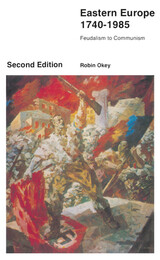

The contributions to this volume reflect the recent research on this issue by various specialists on the economies of the Soviet Union and Eastern Europe. Each author emphasizes macroeconomic stabilization, structural adjustment, participation in the larger world economy, or ecomonic reform.
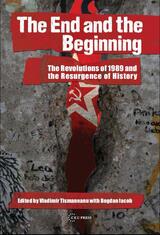
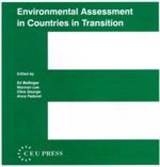
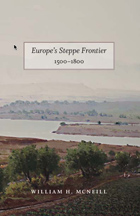
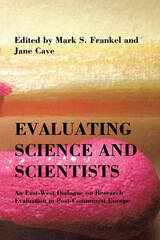

READERS
Browse our collection.
PUBLISHERS
See BiblioVault's publisher services.
STUDENT SERVICES
Files for college accessibility offices.
UChicago Accessibility Resources
home | accessibility | search | about | contact us
BiblioVault ® 2001 - 2025
The University of Chicago Press









